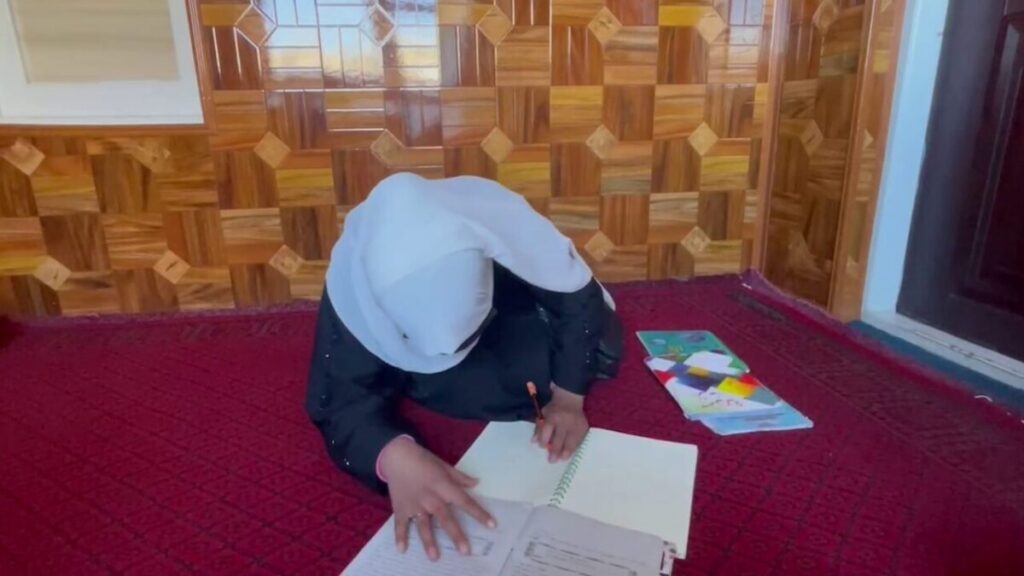KABUL, Afghanistan — As schools in Kabul and several other provinces concluded their annual examinations on Thursday, many sixth-grade girls faced the heartache of bidding farewell to their education, uncertain if they would ever return to the classroom.
For girls like Munawara, the end of the school year was marked not by celebration, but by sorrow.
Munawara, who completed her final exams, said she returned home with tearful eyes, knowing she would not be allowed to continue to the seventh grade under the Taliban’s ban on girls’ education above sixth grade.

“Today was the last day of our exams. We can no longer go to school,” she said. “We cried a lot with our classmates. I urge the Islamic Emirate to reopen school gates. Closing schools means shutting down our hopes.”
Her classmate, Zahra, also completed her final exams with a heavy heart. Zahra, who had dreamed of becoming a doctor, now finds her aspirations dashed by the ban.
“Today was very hard for us because it was the last day of our exams,” she said. “I feel suffocated wondering if we will be able to study next year or not. How can I become a doctor if I cannot study? I call on the Islamic Emirate to let us learn.”
Since seizing power in August 2021, the Taliban have prohibited girls from attending school beyond sixth grade, offering no clear justification for their decision. The ban, part of a broader series of restrictions on women and girls, has drawn widespread condemnation from Afghans and the international community alike, including voices from the Islamic world.
Critics say the policy deprives millions of Afghan girls of their right to education and undermines the country’s potential for progress. For many, the closure of school gates symbolizes not only the loss of educational opportunities but also the erosion of hope for a brighter future.





